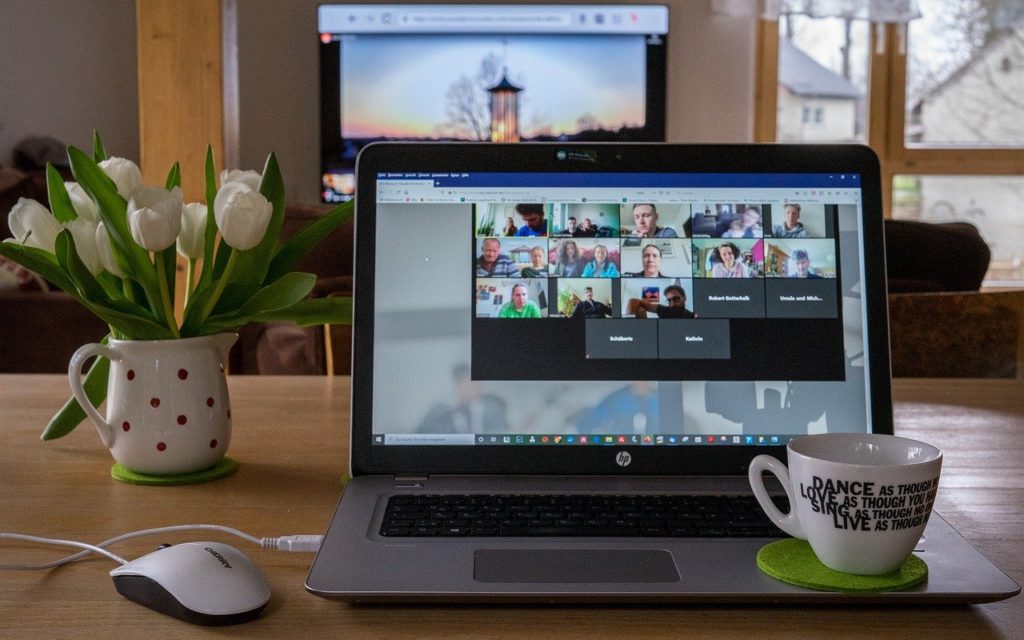5G is more than just a buzzword. It marks the beginning of a new era in technology, one that could revolutionize our lives. In this article, we look at the potential of 5G to revolutionize the way that we live and work.
The global implementation of 5G
Offering greater speed and capacity, 5G is poised to significantly change our lives and help to create a more connected world. Ultimately, 5G is expected to be able to support billions of devices at speeds that are nearly 20 times faster than before.
5G technology is poised to revolutionize a range of industries, from manufacturing to agriculture. In the agricultural sector, airborne cameras and soil sensors are already being used to lower pesticide use, diagnose crop disease, and figure out when to water. After 5G is rolled out, these types of technology are expected to rapidly increase.
Moreover, 5G could pave the way for self-driving cars, which will need to “talk” with one another in order to reduce congestion and prevent accidents. In order to travel safely, the driverless cars will also need to be able to communicate with sensors embedded inside road signs and traffic lights. They will require a quick response, and 5G will make this possible.
Virtual meetings

Due to the lightning speed of 5G, virtual and augmented reality could become a reality. As a result, the way that we interact with one another is expected to evolve. The technology has vast potential to keep us connected and to enable individuals all over the world to interact more effectively.
In 2019, Microsoft showcased the Hololens, a mixed reality headset that facilitates holographic meetings. Although the Hololens is not specific to 5G, market experts predict that this type of technology will become increasingly widespread thanks to the global integration of 5G.
As Carl Pei, the cofounder of the phone company OnePlus, explains, the whole point of a cell phone is to keep us connected with one another. As latency and bandwidth improve, so will the way that we are able to communicate with other people, helping us to connect in more meaningful ways as we transition from instant messaging to photographs, videos, and live streaming.
Pei predicts that the adoption of 5G technologies could facilitate “telepresence” on social media. He believes that rather than contacting people via FaceTime or WhatsApp, we will soon be able to sit next to each other “virtually” without the need to be physically present.
Next generation smartphones

Smartphones have exponentially changed the way that we operate, enabling us to bank, shop, keep in touch, get directions, and even meet future partners seamlessly as part of our day-to-day lives. Experts predict that the integration of 5G will help to drive game-changing breakthroughs in mobile technology and impart particular benefits for smartphones.
This heavily hyped new technology will mean more than a few software updates. It could enable smartphones to become up to 100 times faster. In addition, 5G connectivity will provide vastly increased capacity, enabling many more devices to stay connected at the same time. A 5G connection is also much more reliable.
This ultra-fast connectivity will also enable users to download gigabits in seconds and facilitate live video streaming in ultra-high HD. 5G will allow us to do so much more virtually instantaneously, from immersive video gaming to augmented reality.
Remote health care
One area in which 5G holds vast potential is in the health care sector. The use of 5G technology could also help to facilitate telesurgery, allowing physicians at one hospital to be able to operate equipment at another one far away.
At the MWC Trade Show in Barcelona in March 2019, the world’s first live surgery was carried out by a physician providing remote assistance. The physician gave real-time instructions, including diagrams, via a video stream to a team of colleagues working in an operating room.
In addition, 5G could help health care providers to monitor patients remotely through the use of implanted or wearable medical devices. The devices will be able to transmit data to health care providers, enabling them to detect potential signs of strokes, heart attacks, or other conditions.
5G technology provides an effective platform for real-time consultation. Due to the ability of 5G to provide health care to remote, underserved communities in developing countries, the technology has live-saving potential. Ultimately, 5G has the potential to take modern technology to a whole new level.

